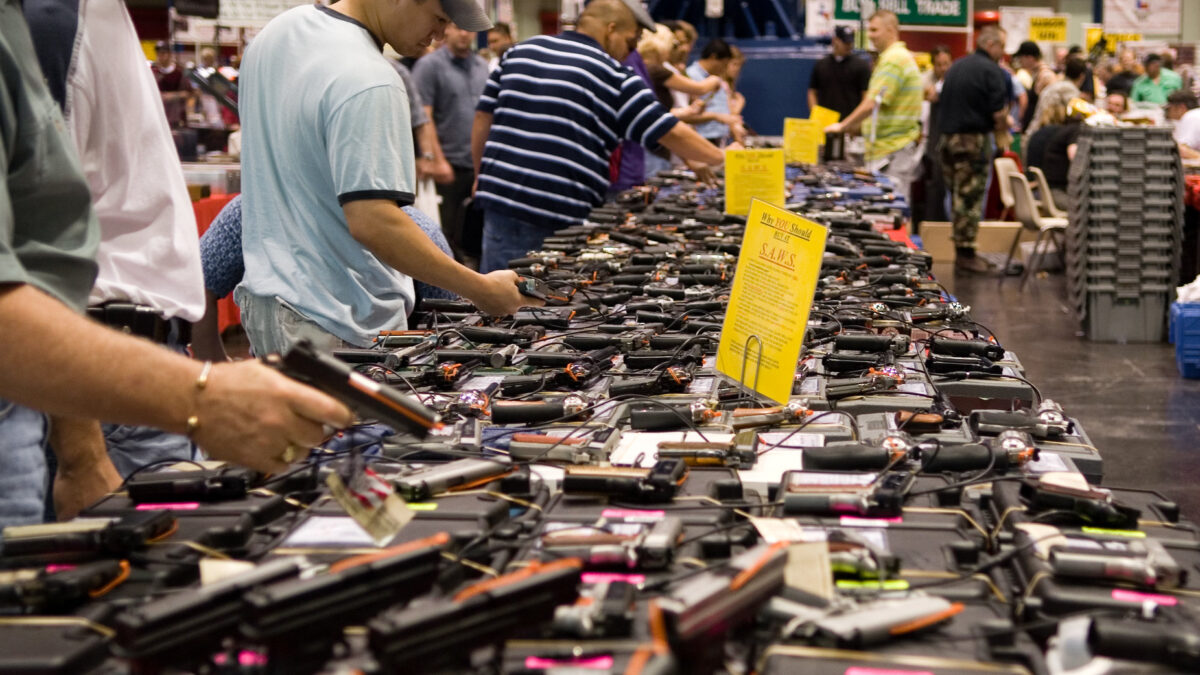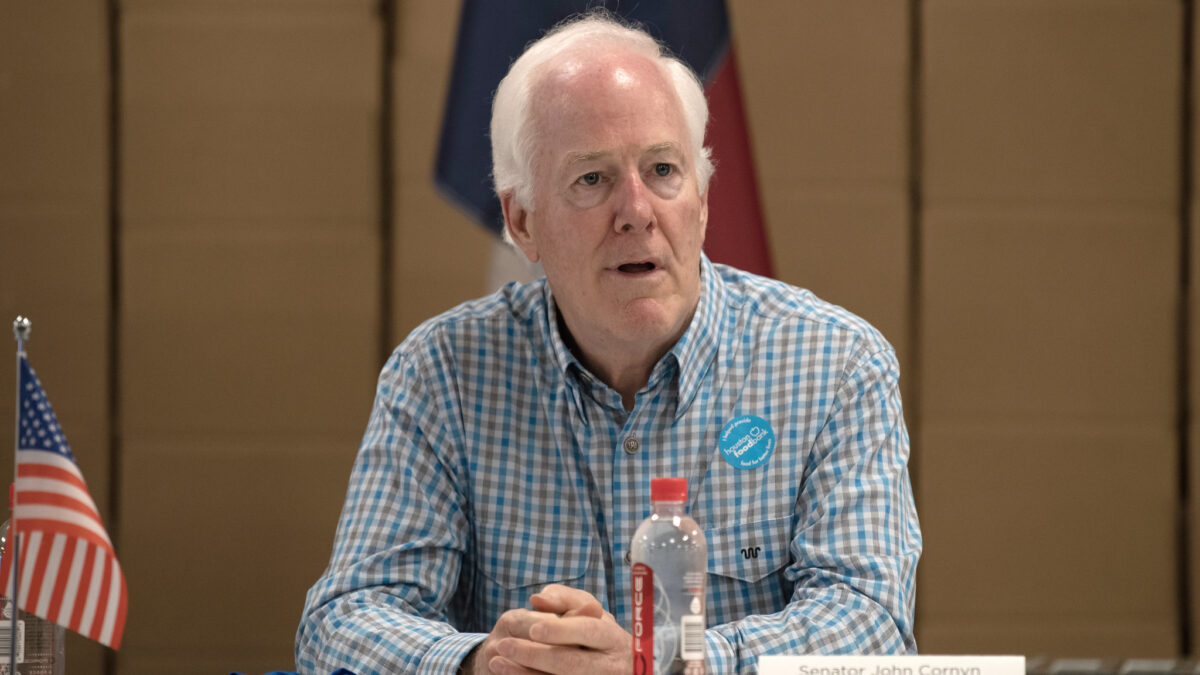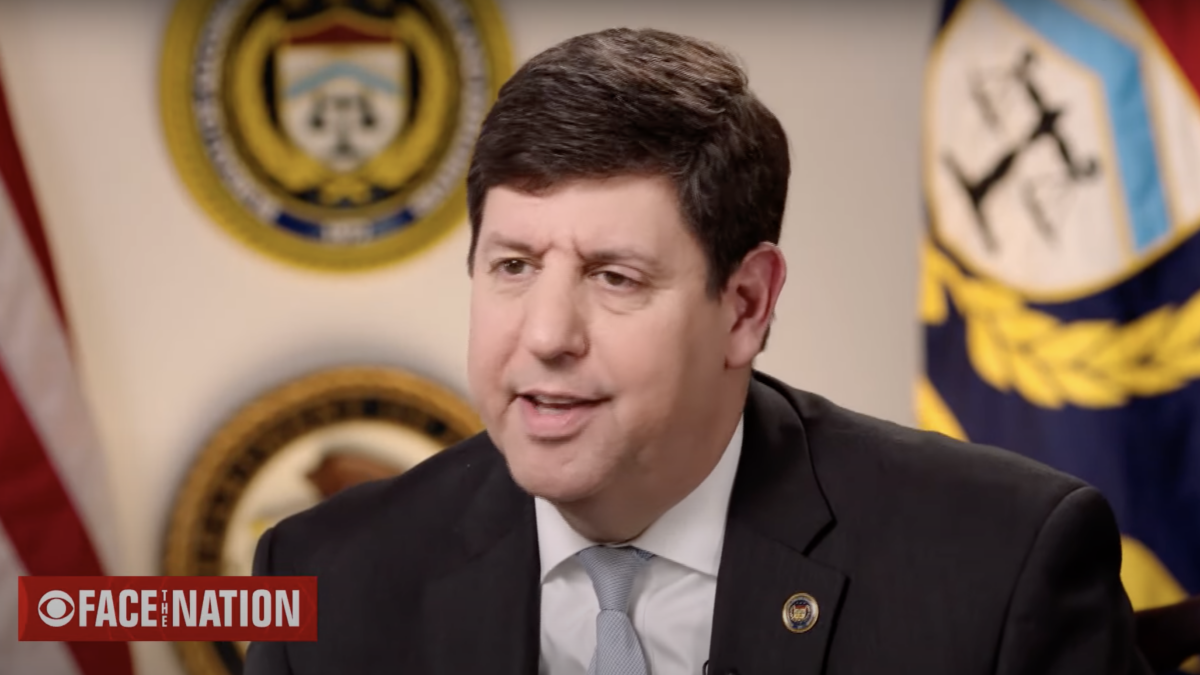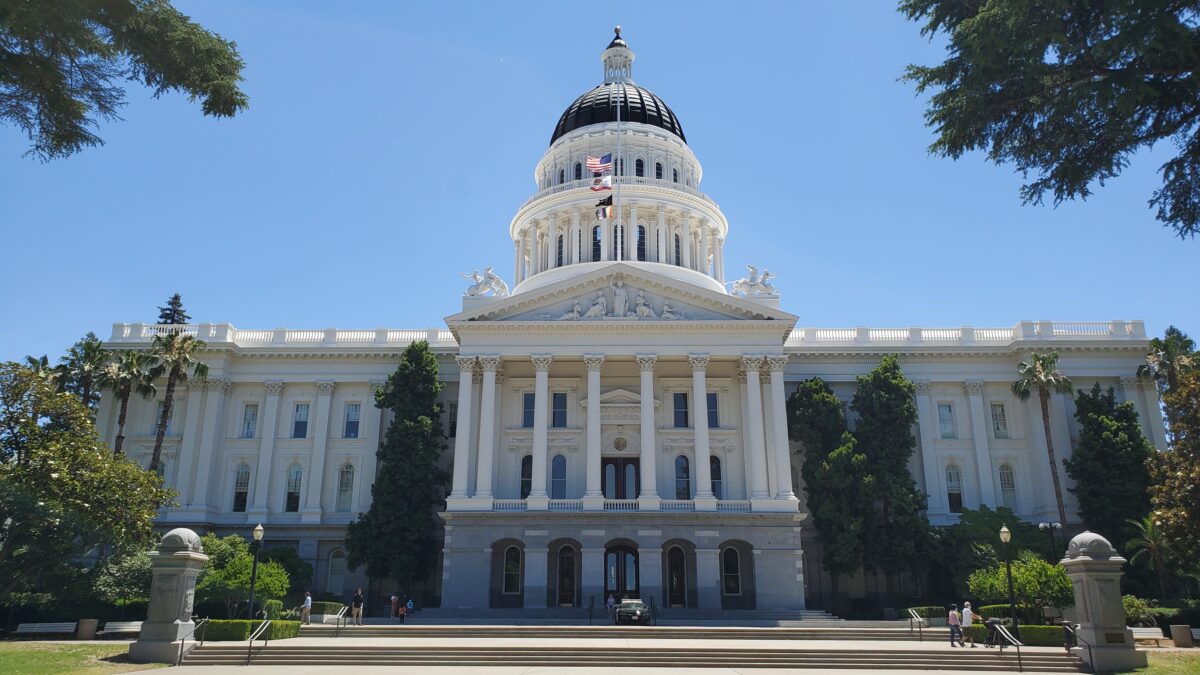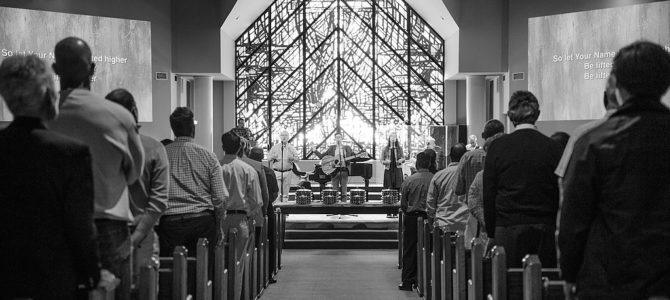
Like many others, I suspect mass murders in churches will increase in the near future. Christ warned us the world would hate us because it hates him. As the West increasingly chooses to reject its Christian roots, it therefore cannot help but turn to persecution and murder. There is no middle ground in this conflict where Christians are simply left to go about our business.
It is therefore no wonder that, like people who work in schools and other gun-free zones, American Christians are beginning to ask themselves, “What happens when the shooter comes to my church?” How are we to handle a situation like that? Like anyone else, Christians would rather mentally and physically prepare for such an eventuality rather than being caught unawares.
I recently encountered a story about one such congregation’s deliberation on the issue. They opted to take advantage of a course on active-shooter situations offered by their local police department. Unsurprisingly, they caught a lot of flack on social media.
There was, of course the usual hatred about how these killings prove the supposed inefficacy of prayer or non-existence of God (how that reasoning applies to a religion that believes God sent his own son to be killed for us, they never quite explain). But someone also questioned how Christians, who are supposed to love their enemies, could possibly fight back against a shooter. Doesn’t “thou shalt not kill” prevent a Christian congregation from shooting a guy who came to murder them all? It’s not only a question Christians are asked, but one that we also ask ourselves.
On the Question of Returning Fire
First, nothing in that story talks about the congregation arming themselves so they can fight back. Nor is that implied simply by arranging a class of this kind. I attended the same kind of class at my church several years ago, and while I think they broached the possibility of shooting back once or twice, it was largely focused on other strategies to maximize survival.
There are a number of practical difficulties to walking into a church and shooting a bunch of people, which can be exploited. If the shooter is immediately rushed by half-a-dozen people, he’s probably not going to be able to kill them all before he’s subdued, and then the shooting stops. Heck, even chucking hymnals at the guy is going to make it difficult for him to aim effectively. The comment presumes the church has decided to prepare to return fire when that may not even be the case.
That said, this is the United States of America, and we have been blessed with the opportunity to arm ourselves for effective self-defense, so Christians are considering that question as well. Does the fifth commandment (or sixth, for those who don’t use Augustinian numbering) prohibit a Christian from defending his or her congregation using lethal force?
A big part of the confusion comes from those of us who grew up memorizing the commandments based on the King James Version of the Bible. There is a significant gap between King James and contemporary English. When the KJV uses the word “kill,” the closest modern equivalent is our word “murder,” and most newer translations render the commandment “You shall not murder,” although the Hebrew word would also encompass what we would call voluntary and involuntary manslaughter.
The King James equivalent of our broader word “kill” is the archaic verb “to slay,” as in “David slew Goliath.” David did not murder Goliath. He killed him in legitimate combat and is considered a hero for doing so.
Sometimes Killing in Defense Is Necessary
But this is not merely an argument from absence, as though I were saying the Bible doesn’t technically say all killing is wrong so some killing must be okay. On the contrary, Scripture explicitly affirms there are times when killing is morally permissible or even required.
In Romans 13, the Apostle Paul writes, “Would you have no fear of the one who is in authority? Then do what is good, and you will receive his approval, for he is God’s servant for your good. But if you do wrong, be afraid, for he does not bear the sword in vain. For he is the servant of God, an avenger who carries out God’s wrath on the wrongdoer.” Here Paul is establishing that God sometimes calls legitimate civil authorities to visit violence on those who do wrong.
Indeed, while there are communities of pacifists, there are no pacifist civilizations. Soldiers, police, etc. are sometimes forced to use violence in the service of the people they have been tasked with protecting. Paul explicitly describes this as being a servant of God for the sake of all of us.
It’s not just Paul. The same teaching can be attributed to John the Baptist, of whom Jesus Christ said “among those born of women there has arisen no one greater.” When in Luke 3 soldiers approach John to be baptized and ask him what they should do, he tells them not to abuse their office by robbing or extorting but instead to be content with their wages. Of course, the continuation of wages clearly indicates remaining as a soldier and doing all that legitimate soldiery entails.
What of Christ’s example of refusing to fight and stopping his followers from doing the same? As he explained to Pontius Pilate in John 18:36, Jesus neither fought nor had his followers fight because his kingdom is not of this world. Christians, who are citizens of that kingdom, are likewise not of this world. Christ does not call us to violence on behalf of his church or to proclaim the gospel.
At the same time, however, we remain citizens of kingdoms that are of this world and are therefore called to serve our neighbors in our lives here on Earth. As citizens, we are sometimes called to fight. We fight to protect our nations, communities, neighbors, and families. We fight to provide some measure of peace and justice in this world, for it is far better that we aren’t constantly robbing, murdering, and raping one another.
Every Christian sitting in a pew on Sunday morning is also a father, son, neighbor, or citizen, and we all have the responsibilities and authorities that go with those vocations.
Are We Responsible to Protect Others from Violence?
The upshot of all of this is that the Bible does teach it is wrong to murder—to deliberately kill an innocent person, or to deliberately kill a guilty person whom you have not been given the authority to kill (i.e., vengeance.) At the same time, however, God has given the sword to certain civil authorities; and legitimate agents of those authorities (e.g. police, soldiers, etc.) are sometimes called by God to kill. They are not engaging in wrongdoing by carrying out their vocations, even when they are Christians
So how does this apply to Christians who are considering arming themselves against someone who has come to murder their congregation? Well, it depends on whether God has given us the responsibility to protect our neighbors from imminent violence. If so, then Christians are indeed permitted to protect one another in circumstances like this. And God has done so in two different ways.
First, we live in a nation that recognizes the right to self-defense and even enables it by allowing access to weapons that make us more effective at it. In doing so, our governing authority has delegated its sword to its citizens in certain circumstances—a wise decision on its part.
We generally rely on police to keep the peace in order to avoid the chaos that comes with vigilantism. However, in those crucial minutes (or even hours) before police can effectively respond to violent situations, it is quite sensible to empower ordinary citizens to keep the peace in the meantime.
By way of analogy, we give our fire departments the responsibilities of fighting fires. Nevertheless, if we wake up in the middle of the night to find our house on fire, we don’t just call 911 so the government can handle it. We also rouse our family from their beds and make sure they get outside, and when appropriate, we use our own fire extinguishers and buckets to put out the fire. In the same way, a citizen whose friends and family are under attack does what he can to save them, with or without the police.
Second, the state is not the only authority ordained by God; he also created fathers to be the heads of their households. Just as the state is given the sword to defend the lives of those in its care, a father is empowered to defend the lives under his care. It is not merely a matter of human custom, but of natural law that fathers are responsible for the well-being of their families, particularly when someone is seeking to end the lives of their wives and children. Most Christian congregations are blessed to include many wonderful fathers whose rights and responsibilities in this regard do not end when they bring their families to God’s house.
This Doesn’t Mean You’re Obligated to Fight Back
Now, having a moral option to fight back does not necessarily mean there’s always an obligation to—just as the state possessing the option for execution or war doesn’t necessarily mean it must execute or wage war in every particular instance where it might be justified. Accordingly, I can both understand and laud a congregation deciding that they are going to choose, as a testament to the One in whom they have faith, to die with the gospel on their lips. Receiving a martyr’s crown is nothing from which they need to defend themselves or their families. The ones who lose their lives for Christ’s sake will most certainly find their lives in him.
But in the context of recognizing a growing threat, that is still a deliberate choice, not a deer-in-the-headlights reaction that comes from thinking it would never happen to you. It also entails making yourself a target by standing up and declaring God’s word to enraged murderers as martyrs like Stephen did. This draws fire rather than trying to escape or hiding behind a pew and hoping he runs out of bullets before he fires one at you or your kids.
After all, if you believe that your survival is important enough to run and hide, then is it not better to choose from among most the effective ways to survive that God has made available to you? And if you believe that your own survival is that important, then surely the survival of your brothers and sisters in Christ is more so.
Whether one defends his congregation or boldly embraces martyrdom, both of these choices are within Christian freedom. Nevertheless, to choose well, one needs to prepare. Anybody can be caught flat-footed by tragedy, and Christ most certainly welcomes into his eternal kingdom Christians who never thought it would happen to them.
But if you are aware of the danger beforehand and have the opportunity to prepare, then it is negligent to go about your business as though nothing has changed. If a Christian is convinced that the best way to love God and serve his neighbor when his congregation is attacked is to violently defend them from harm, then he should be confident that God has made him free to do so.


